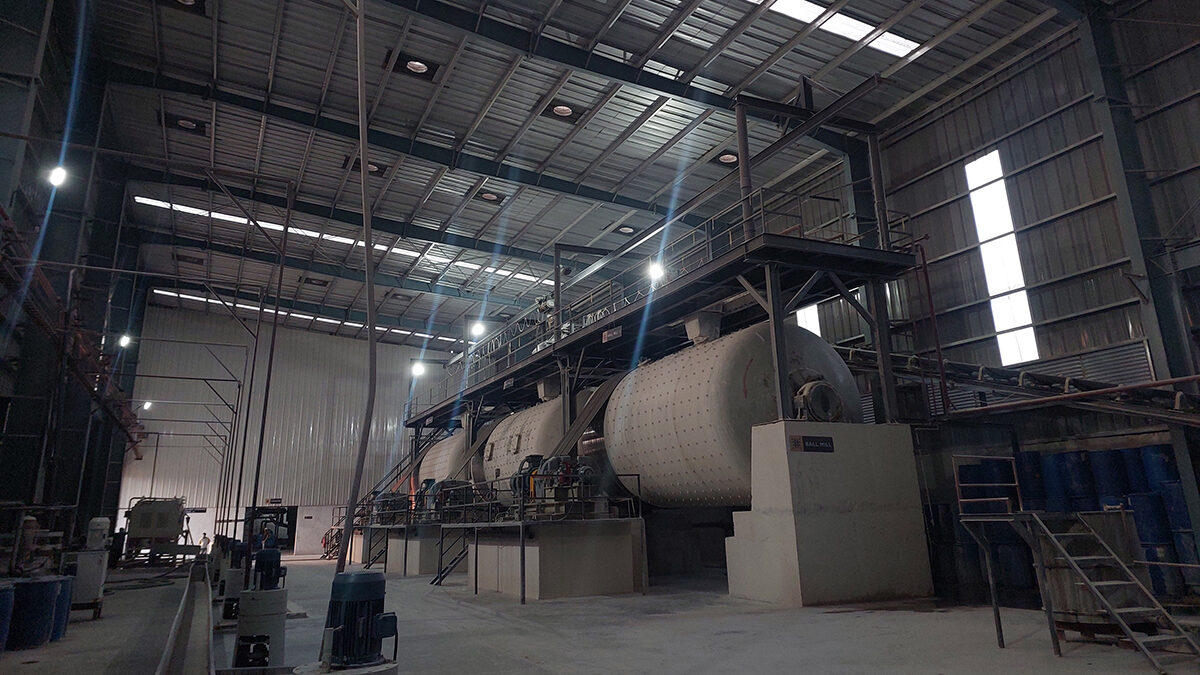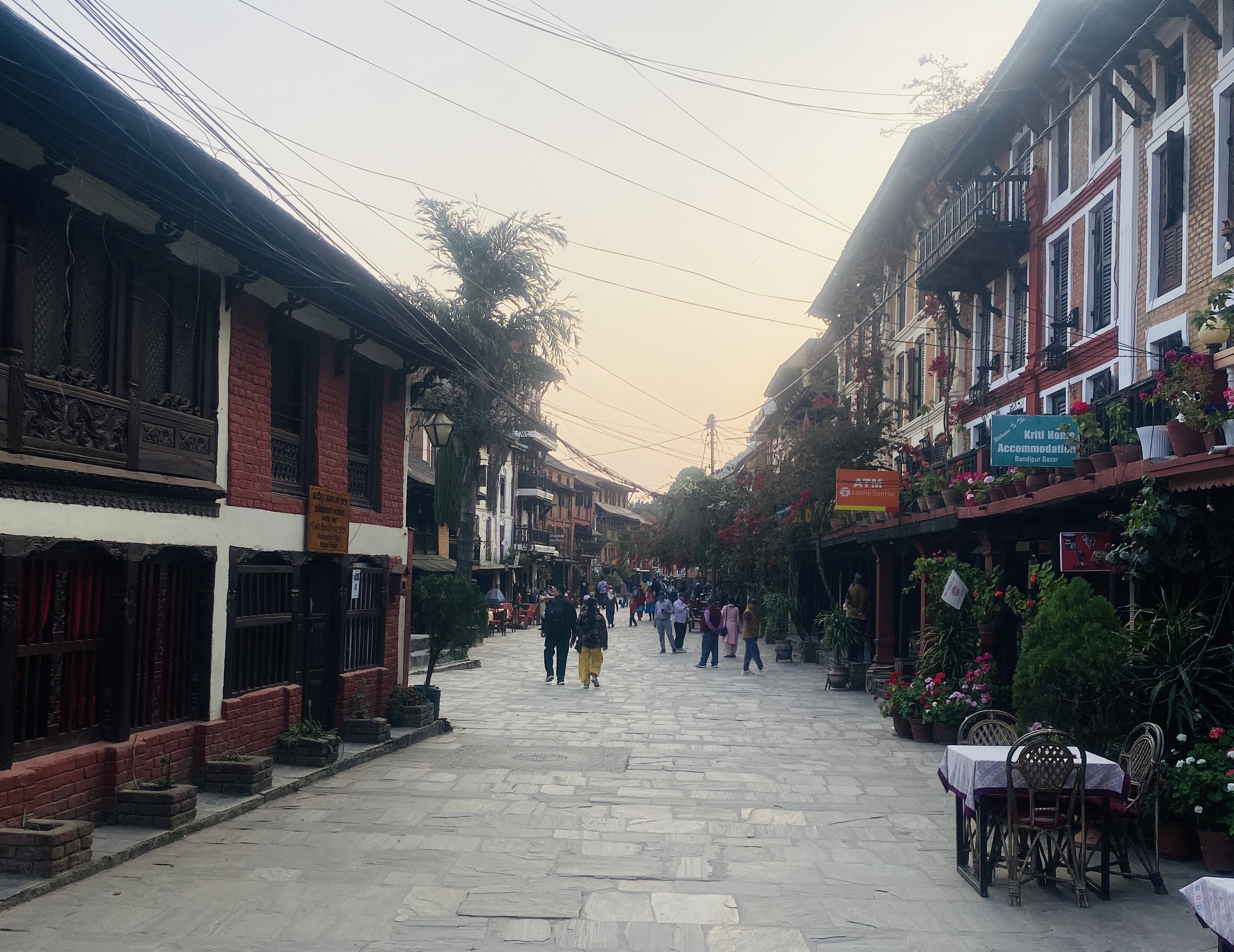Clear backlogs to cheer achievements!

KATHMANDU, APRIL 21: To begin with, three news stories that spread positive messages in the first week of the New Year, 2081BS. Most of the schools across the country were supplied textbooks before the start of the new academic year, 2081; the Education Ministry released the report of the Medical Education Investigation Commission, 2074 which has sought action against 40 plus high officials; and the breakthrough in the Nagdhunga-Sisnekhola tunnelway. These three stories have obviously elated us. There are reasons to cheer about these achievements.
The probe commission’s report prepared and submitted to the Prime Minister six years back was gathering dust in a closet of the country’s central administrative complex, Singha Durbar. Although the investigative reporters had written about some findings of the report then, the official release of the report by the Education Minister Sumana Shrestha at present earned accolades. The report has vividly exposed the malaise, irregularities and contradictions in the medical education system.
The irregularities and evil connections rife among honchos in different government agencies including the Nepal Medical Council had plagued the admission and fee system in medical colleges. Gross mismanagement was reflected in the governance of medical education, which must have resulted in an unimaginable impact on those aspiring and enrolled for medical education
It is the country where a saintly orthopaedic surgeon Govinda KC had to wage many protests – even fast-onto-death- in different parts of the country to pile pressure on the governments to pay heed to reform in medical and health sectors. After the release of the much-awaited report, the Education Minister also wrote to the anti-graft body, Commission for Investigation of Abuse of Authority (CIAA), to initiate an investigation and action against the accused. It is to see how effectively and convincingly CIAA launches action. Together, the Minister’s call to university and school teachers to shun affiliation with political organizations has created a furore. She even went on to warn them of action if they continued indulging in politics despite having responsibility in academia.
However, the teachers and even some political leaders have objected to her decision, arguing that the constitution itself had given them trade union rights. Although it is natural for anyone to have political faith irrespective of his/her profession, a reflection of politics in the workplace- that too in universities and schools- is an egregious attack on education. As long as the teachers and professors serve as mere tools of political indoctrination and party rallying, brushing aside the responsibility of catering quality education, it badly spurs partisan interest in academia which ultimately dents the entire education ecosystem.
The university teachers must be independent critics of politics and the system so that political actors can be corrected and the system strengthened. At a time when the country’s educational and economic developments are impacted negatively by multiple political digressions and interferences, reviewing the role of the university itself is equally important. Mere blame of politics for educational backwardness is shirking responsibility. It warrants a change in academia’s perception of politics.
In addition to involvement in teaching learning and research, the university and school teachers can spur debates on pressing issues surfacing in the society and country, which would help create a mandate for politicos to direct politics on the right track. Even the politico as General Secretary of Nepali Congress, Gagan Thapa, admitted that they interfered with university and education sectors to date. He also vowed not to repeat such.
In this regard, Minister Shrestha’s initiation can be taken positively for now. The government deserves appreciation for the timely supply of schoolbooks to all schools. It has not only cheered the students, teachers and parents but also facilitated the smooth operation of teaching and learning. Now, the local levels can watch whether a timely supply of textbooks results in the enhancement of quality education.
Similarly, the completion of the tunnelway shortening distance and curtailing serpentine lines of vehicles at Nagdhunga, the major entry point to the federal capital, Kathmandu, is another milestone. Its smooth operation is awaited. The governments and political parties need to speed up similar development projects by clearing the bottlenecks. Despite the above laudatory achievements of late, there are several backlogs nagging and ridiculing us. It is worrying that we have not been able to create adequate jobs and ensure quality education for the youths to retain them within the country and help directly to thrive country.
It may sound unwise to argue for the total retention of youths within the country in the present hyper-globalized and hyper-connected world, but bringing back Nepali talents to the country is essential. Similarly, the surging inflow of remittances itself is not a remedy to the country’s development stride. Sustainable solutions to multiple problems are imperative to national earnings.
In a recent programme organized in the federal capital, former Prime Minister and Finance Minister Dr Baburam Bhattarai expressed concern that even the small businesspersons were leaving the country citing a lack of atmosphere conducive to investment. His observation in the wake of the government’s preparation for the Investment Summit bears significance. When do the mega projects- Gautam Buddha International Airport and Pokhara International Airport- come to full operation?
It is worth mulling questions posed to governments at federal and provincial levels for long. Effective diplomatic dialogues are warranted for these. Another worrying concern is the underperformance of the bill session of the federal parliament. The winter session was expected to make dozens of laws but was taken hostage by political bickering and changes in coalition partners. It will have a direct impact on the enforcement of federalism and the Constitution. Even the provincial governments have been changed as aftereffects of the change in ruling partners of the federal government. Frequent change in governments causes political instability and sheer public distrust. The April 27 by-election has been observed as a bellwether.
Given the political wrangling, the by-poll result cannot be denied as a factor in creating yet another political ripple. Ultimately, ruling ones, all political parties and bureaucracy’s working together is present urgency. While it takes time for Nepalis to celebrate achievements, the frequency of malaises and irregularities is not a good omen at all. So, it is time to clear backlogs to cheer achievements.
RSS

Nepalese Entrepreneurship in Japan: A Growing Success Story

Local coffee brand being promoted at national, international level

Nepal faces greylisting threat as money laundering crackdown stalls

"Lumbini Ceramics is looking to reshape Nepali tile industy"

COP29: Finance Delayed is Justice Denied

Life after disaster: Flood-affected people start managing whatever remai…

Artificial Intelligence to bolster public services







Feedback